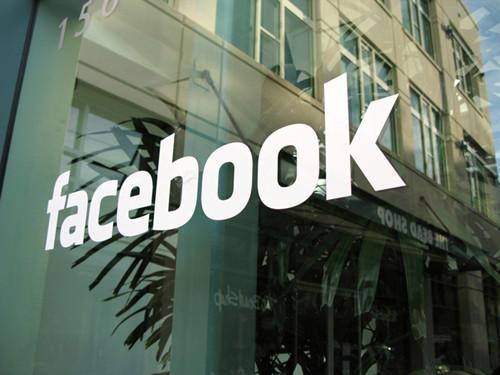Meta Develops Virtual Tactile Social System
(Meta Develops Virtual Tactile Social System)
MENLO PARK, Calif. ‚Äď Meta announced a new virtual touch system for social interactions. This technology lets users feel physical sensations during online meetings. It aims to make digital communication feel more real.
The system uses special gloves and software. These gloves send touch signals to the skin. They mimic real-world feelings like handshakes or hugs. The software processes these signals instantly. Users feel these sensations while wearing virtual reality headsets.
Meta tested the technology with volunteers. People reported stronger emotional connections during chats. They felt more present with friends or colleagues online. One user described it as “game-changing for long-distance families.”
Jane Doe leads the project at Meta. She explained the goal simply. “Human touch matters. We‚Äôre adding that layer to digital spaces. It bridges the gap between screens and real life.”
Development took three years. Engineers studied how touch works biologically. Then they designed hardware to replicate those sensations. Early versions were bulky. Now the gloves are lightweight and wireless.
The system will integrate with Meta’s existing platforms. It works with Horizon Workrooms and social VR apps. No extra subscriptions are needed. The gloves will sell separately later this year.
Meta sees this as part of building the metaverse. The company wants virtual worlds to engage all senses. Touch completes the picture beyond sight and sound.
Future updates may include temperature effects. The team also explores simulating textures like fabric or water. Safety features prevent excessive force during interactions.
Competitors have similar projects. But Meta claims its approach is more affordable. The gloves use common materials instead of rare components. This keeps costs low for consumers.
Research shows touch improves trust during talks. Meta believes this system helps remote teamwork. Doctors might use it for virtual consultations. Teachers could demonstrate science concepts physically.
The technology avoids privacy concerns. It only shares touch data between consenting users. No sensations occur without mutual permission. Servers don’t store physical feedback records.
(Meta Develops Virtual Tactile Social System)
Meta’s engineers continue refining accuracy. They test different pressure levels for cultural sensitivity. A gentle pat might mean different things globally.


